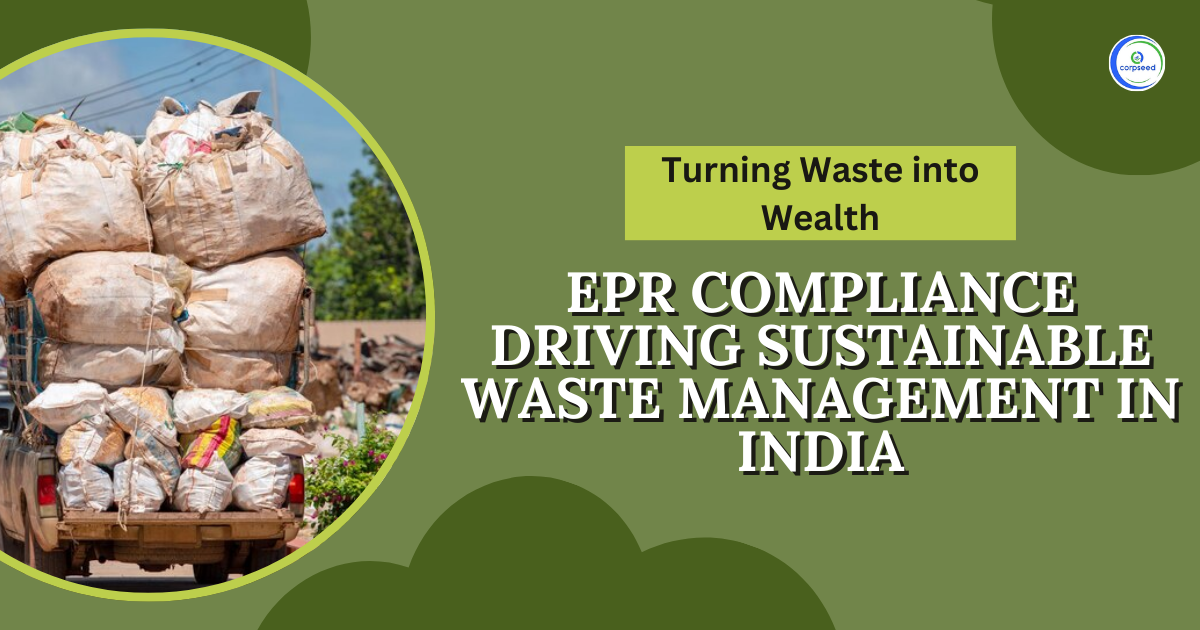EPR stands for "Extended Producer Responsibility." An EPR Certificate is a document that confirms a company's compliance with the principles of extended producer responsibility.
Extended producer responsibility is a policy approach where manufacturers and producers are held responsible for the entire life cycle of a product, including the disposal of waste and the management of the environmental impact of their products. The objective of EPR is to reduce the environmental impact of products, promote sustainability, and shift the responsibility for end-of-life management from the government and taxpayers to the producers.
Table of Contents
--------------Blog Contact Form-------------
An EPR Registration indicates that a company has taken steps to meet its extended producer responsibility obligations and has been recognized as compliant by a certifying body. The certificate may also provide information on the types of products covered, the materials used, and the environmental management practices of the company.
EPR or Extended Producer Responsibility is the responsibility of all producer producing electronic or electrical equipment’s to shift/move the e-waste to an authorised dismantler or recycler to make sure environmentally sound management of such waste. It’s accepted and certified by CPCB, whose main responsibility is to renew, waste, or grant EPR and provide certification to producers of electrical or electronic equipment. The concept of the EPR Certificate is presented to support improved recycling, collection, and treatment of waste.
Is It Mandatory To Get EPR Certificate In India?
In India, the requirement for an EPR certificate is determined by the rules and regulations established by the central and state governments under the provisions of the country's environmental laws.
For certain types of products, obtaining an EPR certificate may be mandatory. For example, the Ministry of Environment, Forest, and Climate Change (MoEFCC) has established EPR regulations for electronic waste, and companies dealing in electronic waste are required to obtain an EPR certificate.
In other cases, obtaining an EPR certificate may be voluntary. However, even if it is not mandatory, obtaining an EPR certificate can demonstrate a company's commitment to sustainability and environmental responsibility, which can be attractive to consumers and investors.
It is always advisable to check the relevant rules and regulations in your area to determine if an EPR certificate is required for your business or product.
Read Our Blog: What Is an EPR Certificate?
Benefits Of EPR Certificate
There are several benefits of obtaining an EPR certificate, including:
- Compliance with regulations: Obtaining an EPR certificate demonstrates compliance with the regulations for extended producer responsibility (EPR) in the jurisdiction where the company operates. This helps to avoid penalties and fines for non-compliance.
- Increased sustainability: EPR requires companies to take responsibility for the entire lifecycle of their products, including their disposal. By obtaining an EPR certificate, companies can demonstrate their commitment to sustainability and their efforts to reduce the environmental impact of their products.
- Improved brand image: Companies that are committed to sustainability and environmental responsibility can benefit from an improved brand image, which can lead to increased customer loyalty and sales.
- Access to new markets: Some countries may require EPR certification for companies that sell their products within their jurisdiction. Obtaining an EPR certificate can help companies access new markets and expand their reach.
- Increased efficiency: By taking a lifecycle approach to product design and disposal, companies can identify areas for improvement and increase the efficiency of their operations. This can lead to cost savings and increased profitability.
Overall, obtaining an EPR certificate can help companies demonstrate their commitment to sustainability, reduce their environmental impact, and comply with regulations.
Read Our Blog: What is EPR and EPR Implementation
Implementation Of EPR
The implementation of extended producer responsibility (EPR) programs varies depending on the jurisdiction and the specific regulations in place. However, here are some general steps that are typically involved in implementing EPR:
- Establishing EPR regulations: Governments establish EPR regulations that outline the responsibilities of producers, importers, and other stakeholders. The regulations may cover a range of products, from electronics to packaging, and may require producers to take responsibility for the entire lifecycle of their products, from production to disposal.
- Setting up collection and recycling systems: Companies are required to set up systems for collecting and recycling their products at the end of their life. This may involve working with recyclers, waste management companies, or other stakeholders to develop efficient and effective collection and recycling programs.
- Obtaining EPR certification: Companies may be required to obtain EPR certification, which confirms that they are in compliance with the EPR regulations. The certification process typically involves an assessment of the company's operations, including its product design, materials used, and waste management practices.
Read Our Blog: How to Apply Online extended producer responsibility (EPR) Certificate in India?
Documents Required For Obtaining EPR Certificate
- Proof of Address
- Contact information
- A photocopy of their PAN card
- Aadhar Card
- License or permission copies from relevant Municipal Authorities of-
- PAN details
- GST details
- Incorporation Certificate
- IEC (for importers)
- Specifications of the goods, such as model numbers and import histories
- BIS License
- Declaration stating compliance of Reduction of Hazardous Substance (RoHS)
- Specifics about the recycler/dismantlers
- Calculation of E-Waste Produced
- Information from the website illustrating the commitment to managing e-waste
- A copy of the agreement with the storage facilities, dealers, and recyclers.
- The estimated budget for the Electronic Producer Responsibility
- Details of the awareness program to make people aware of waste management.
- A detailed plan of how the producer will follow EPR.
How To Get An EPR Certificate?
The process for obtaining an EPR certificate will vary depending on the jurisdiction where the company is located, but here are some general steps that are typically involved:
- Research and understand the EPR regulations in your country or region. Each country or region may have different requirements for obtaining an EPR certificate.
- Identify the relevant government agency or organization responsible for issuing EPR certificates. This may be a ministry or department of environment, or a specific organization such as a recycling or waste management agency.
- Gather the required documentation and information. This may include documentation of your company's environmental management systems, information about the materials and products your company produces and their end-of-life management, and any other relevant information as specified by the responsible agency.
- Submit your application and required documentation to the relevant agency. This may be done online or through mail.
- Wait for the agency to review and approve your application. This process may take several weeks or months, depending on the agency and the complexity of your application.
- Once your application is approved, the agency will issue an EPR certificate to your company. This certificate will typically be valid for a certain period of time, after which it will need to be renewed.
- Keep your EPR certificate up-to-date by renewing it before it expires and by meeting all the requirements set by the responsible agency.
Overall, obtaining an EPR certificate requires a commitment to sustainability, a willingness to make changes to product design and waste management practices, and a thorough understanding of the EPR regulations in the jurisdiction where the company operates.
Read Our Blog: What is EPR and How to Apply For EPR Certificate?
Conclusion
EPR regulations are in place to make sure that producers and manufacturers shoulder the duty of reducing the impact of the trash their goods generate. When a product reaches the end of its life cycle, the manufacturers are required to recover the waste that was created by that product. This can be accomplished by supporting the recycling of such products in the most environmentally friendly way feasible or by encouraging the collecting (take-back process) of the waste generated after the consumption of their products. Only recyclers who are registered with the relevant Pollution control committee or Board should do or be given recycling tasks.
EPR Authorization
EPR Registration is done by manufacturers, importers, and brand owners (PIBOs) of electrical and electronic equipments (EEE). The main objective of EPR is to encourage producers or manufacturers to design products that are easier to recycle and dispose of responsibly. EPR applies to various sectors, including electronics, packaging, batteries, and more.
Hazardous Waste Management
Hazardous Waste Management Rules are notified to ensure safe handling , generation, processing, treatment, package, storage, transportation, use reprocessing, collection, conversion, destruction and disposal of Hazardous Waste. Get authorization from concerened authorities with us.
E-Waste Dismantling
The E-Waste rules apply to every manufacturer, producer, consumer, bulk consumer, collection centers, dealers, e-retailer, refurbisher, dismantler and recycler involved in manufacture, sale, transfer, purchase, collection, storage.
This portion of the site is for informational purposes only. The content is not legal advice. The statements and opinions are the expression of author, not corpseed, and have not been evaluated by corpseed for accuracy, completeness, or changes in the law.
BOOK A FREE CONSULTATION
Get help from an experienced legal adviser. Schedule your consultation at a time that works for you and it's absolutely FREE.


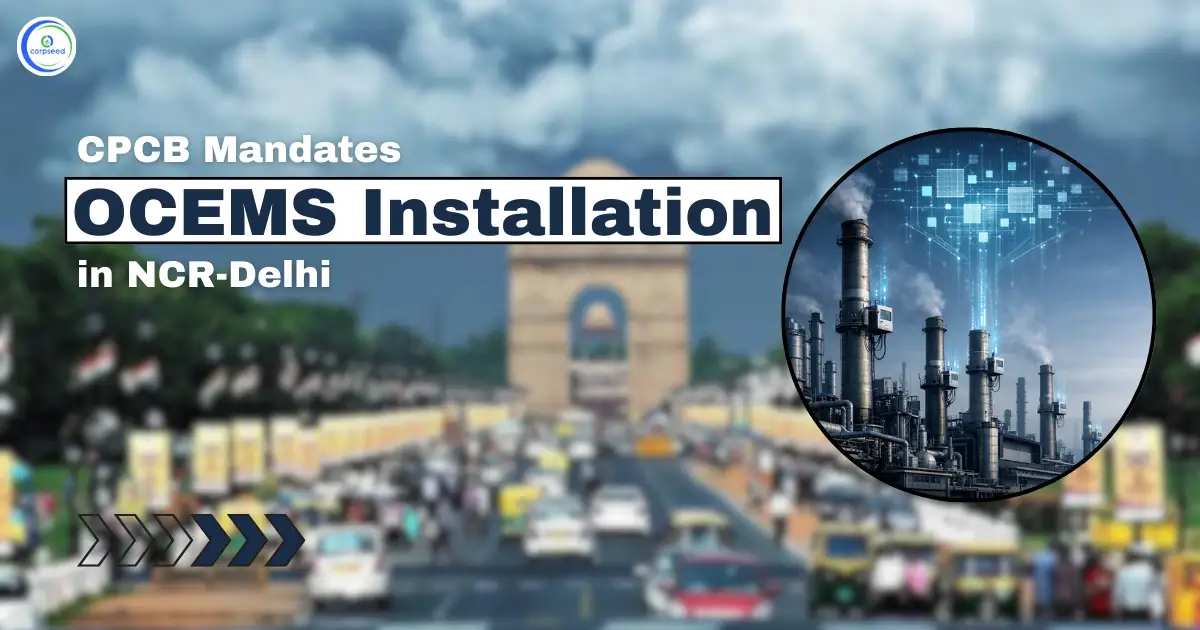
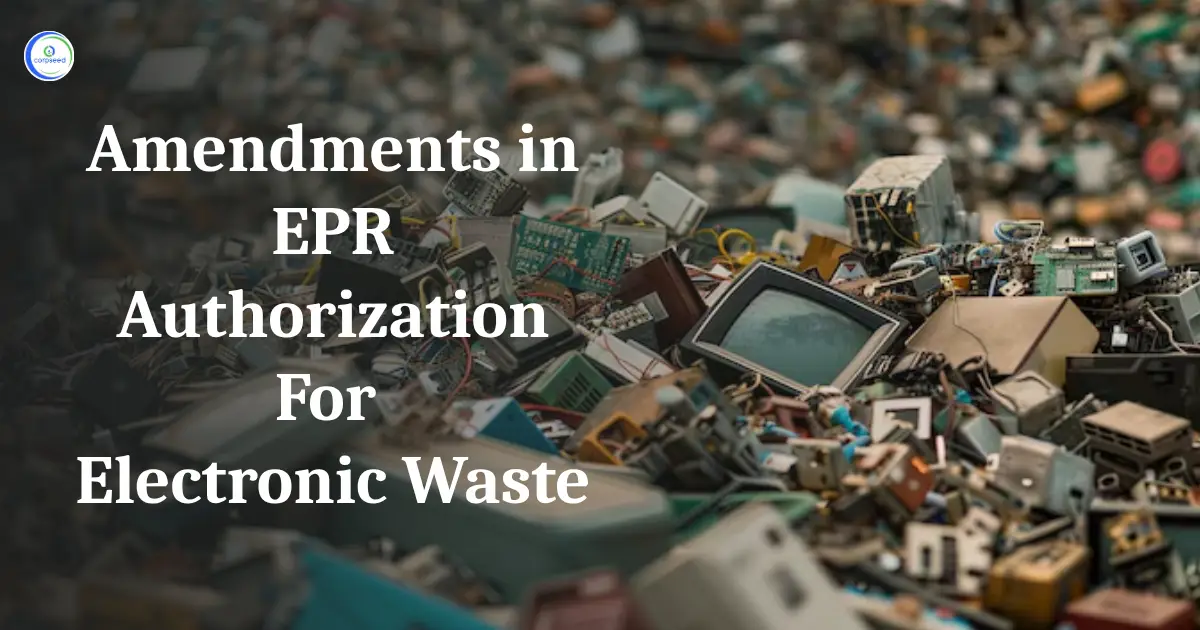
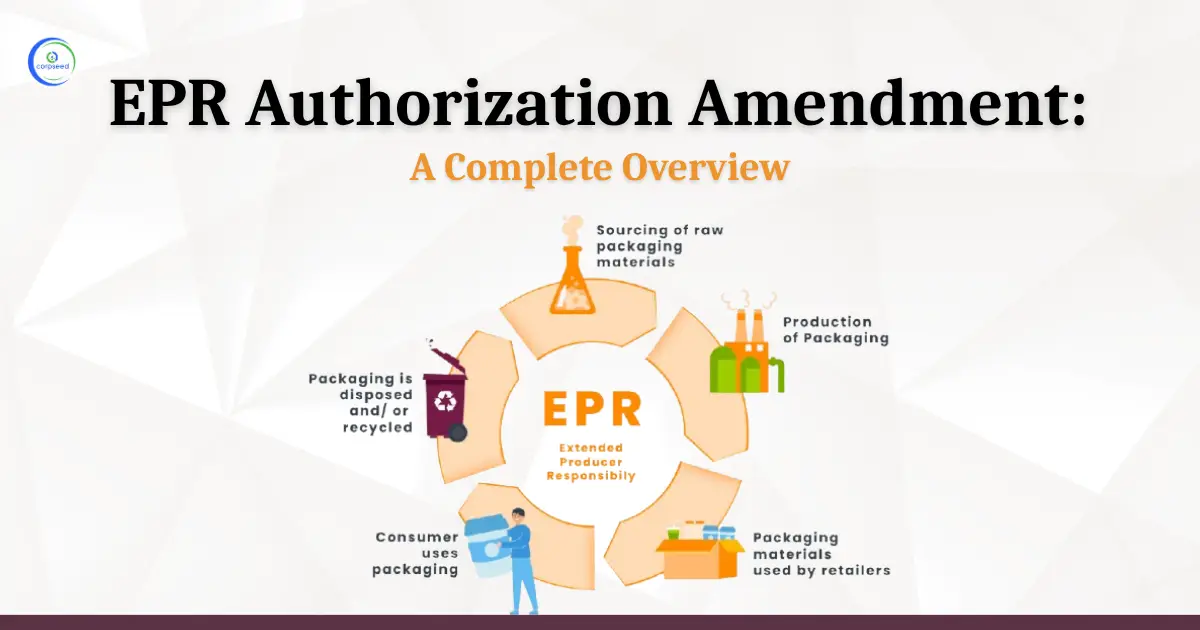
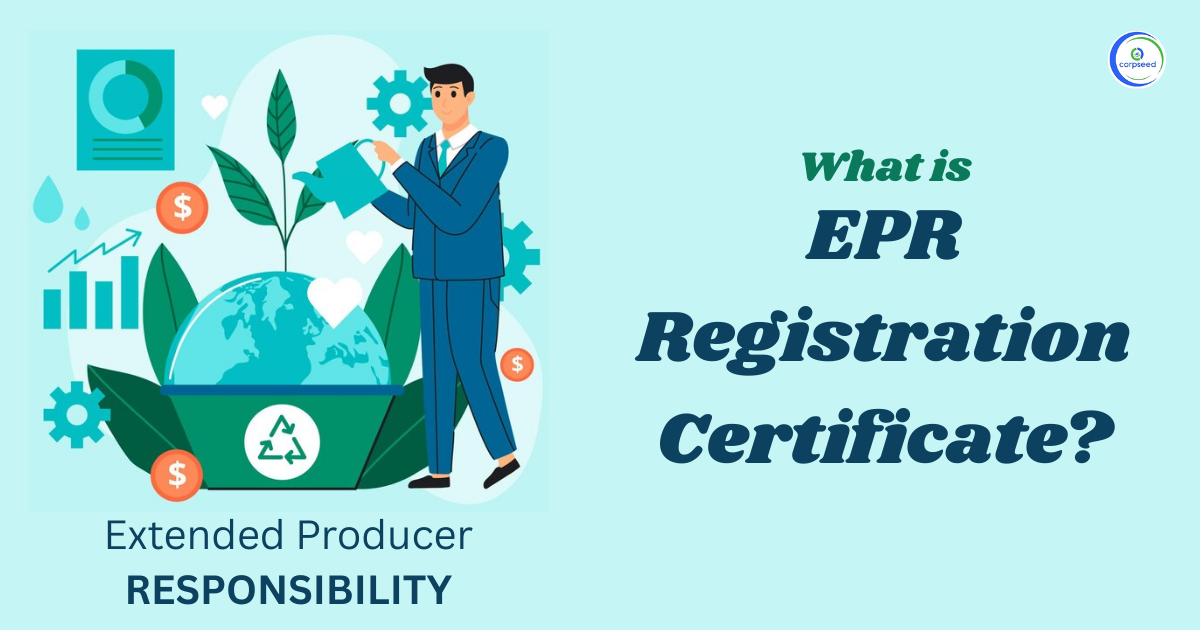
.webp)
